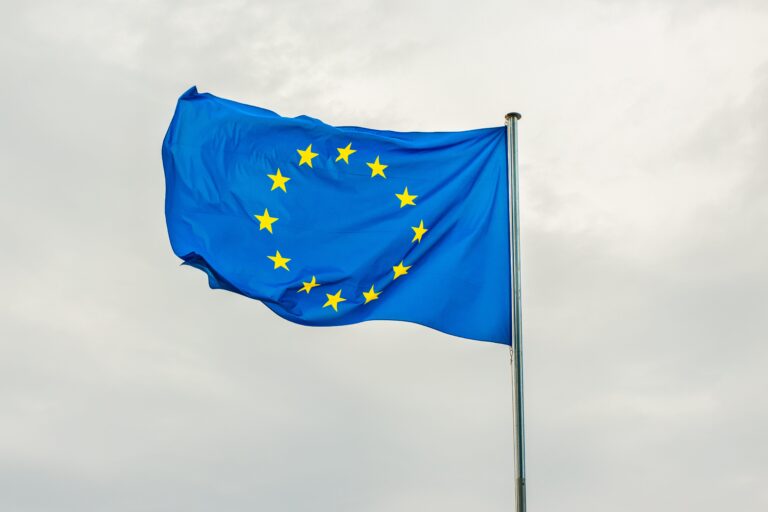The EU Whistleblowing Directive, officially known as Directive (EU) 2019/1937, was adopted to provide a high level of protection for whistleblowers across the European Union. It sets out rules and protections for individuals who report breaches of EU law in various sectors, such as public procurement, financial services, product safety, and environmental protection. While having a dedicated email address for whistleblowers is a step in the right direction, it might not be sufficient to fully comply with the requirements of the directive. Here’s why:
Confidentiality and anonymity of the whistleblower
The directive emphasizes the importance of ensuring the confidentiality and anonymity of whistleblowers. A dedicated email address might not provide sufficient anonymity, as the sender’s IP address and other metadata could still be traced back to the whistleblower. To comply with the directive, organizations need to establish secure and confidential channels that guarantee the anonymity of the whistleblower throughout the reporting process.
Internal reporting channels
The directive encourages organizations to establish internal reporting channels within the company, allowing employees to report concerns to designated individuals or departments. While a dedicated email address could serve as one of these channels, it’s crucial to have multiple secure channels, including hotlines and web forms, to cater to different preferences and ensure accessibility for all employees.
External reporting to competent authorities
In addition to internal reporting channels, the directive mandates the establishment of external reporting mechanisms, enabling whistleblowers to report directly to competent national authorities. While a dedicated email address could be one way to facilitate external reporting, it might not cover all necessary communication methods required by the directive. Competent authorities might prefer more secure and standardized methods of reporting, such as encrypted web forms or secure online platforms.
Comprehensive protection
The directive requires Member States to establish comprehensive protections for whistleblowers, including protection against retaliation, effective remedies, and safeguards against legal proceedings. Compliance involves more than just having a means of reporting; organizations and authorities must ensure that whistleblowers are protected throughout the reporting process and beyond.
Documentation and follow-up
To comply with the directive, organizations need to establish procedures for documenting and following up on whistleblower reports. A dedicated email address might lack the necessary features for systematic documentation and tracking of reports, which are essential for ensuring that reported concerns are appropriately addressed and resolved.
Conclusion
While a dedicated email address can be a part of the whistleblowing mechanism, it is not sufficient on its own to comply with the EU Whistleblowing Directive. Compliance requires a holistic approach, including the provision of secure and anonymous reporting channels, internal and external reporting mechanisms, comprehensive whistleblower protection, and robust documentation and follow-up procedures. Organizations need to invest in secure reporting systems and processes to fully align with the requirements of the directive and promote a culture of transparency and accountability.


